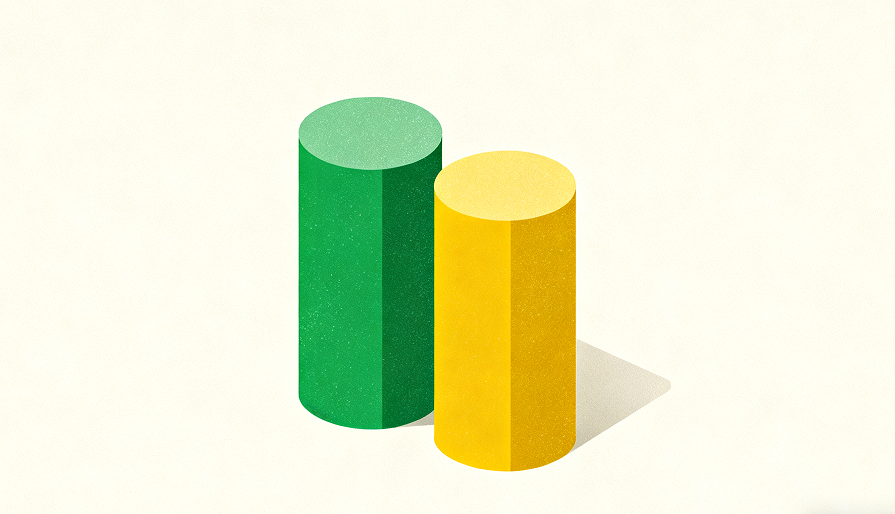
Why is the US Stock Bull Market Becoming the Biggest Risk to the US Economy?
Currently, the biggest risk to the US economy might not be tariffs or private credit, but the stock market itself. Approximately $9 trillion in stock market gains over the past year have fueled high incomes and high spending, but this situation could reverse rapidly if the equity portion of investment portfolios "encounters an unexpected setback."
Mark Zandi, Chief Economist at Moody's Analytics, recently stated: "Soaring stock prices are crucial for the wealthy who drive consumer spending. If this reverses, and we see stock prices fall, then in my view, that is the real threat to the economy."
Moody's estimates that the top 10% of income earners account for about half of all consumer spending. This dynamic ensures stable economic growth even as inflation and tariffs impact lower-income households. In the current environment, the link between spending power and market performance is becoming increasingly evident.
Last Friday, as investors assessed US President Trump's latest statements on the trade situation and quarterly results from regional banks alleviated market concerns about credit risk, the US stock market rebounded from the previous day's sharp decline. Regional banks including Zions and West Alliance also recovered, as investors viewed the previously reported non-performing loans as isolated incidents rather than a systemic crisis.
However, Zandi believes these risks pale in comparison to the situation developing in the financial markets. A sharp reversal in the financial markets could quickly shake the confidence of the wealthy households that drive US economic growth.
"Of all the risks, from the state of the banking system to government shutdowns and so on, this (the financial market) is the risk I worry about the most. I am more optimistic about the banking system. But I am less optimistic about the financial markets. Valuations are high... everything feels a bit exaggerated, overvalued, nearing a bubble."
Zandi also warned that the economic bubble is directly linked to the high-income households driving US consumption. This means that if the market rally stops, the group supporting consumption might withdraw quickly.
















